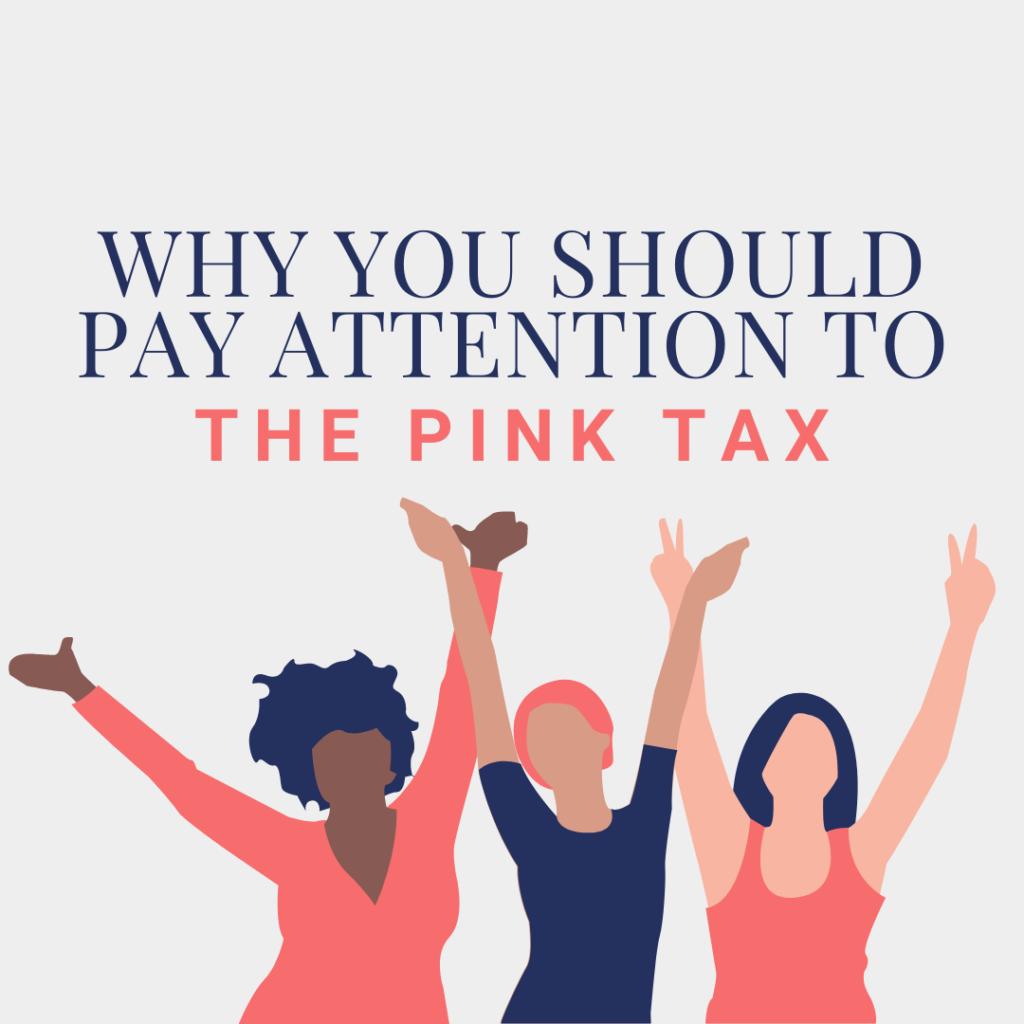Pay transparency, also called salary transparency, is the practice of making employee salaries visible to other people, either internally, externally, or both. Companies can use partial pay transparency or full pay transparency.
Partial pay transparency means that general pay ranges are visible. You’ve probably seen this on job listings… Full time job, annual salary $60,000 to $75,000. Partial salary transparency divulges just a basic salary range for roles in an organization without going so far as to reveal individual figures.
Full pay transparency means that all employee’s salaries are visible. For internal salary transparency, salaries are readily available to any employee in the company. For external salary transparency, salaries are visible to anyone. While this may sound daunting, for many companies salary transparency builds trust and community.
Why Is Pay Transparency Important?
Do you know how much your coworkers make? Have you ever talked about salaries with them? In most cases, it’s an unspoken rule: don’t ask your colleagues about their salaries. But, why should we avoid transparency and who does it hurt.
Some companies fear that pay transparency could lead to animosity or contention. But, without it how can employees feel certain they are being compensated fairly? Pay transparency protects employees from being underpaid.
For Leo Widrich, co-founder of Buffer, salary transparency plays a major role in embracing his company values. He says,
“Something that was definitely very scary for us to do was make all salaries public within the company. We created a formula for how salaries are calculated and added it to our Wiki page for everyone on the team to see. Why? One, we wanted to truly commit to our value of transparency. When we announced it, Joel, our co-founder, emailed everyone and said, ‘I truly believe that transparency breeds trust, that’s one of the key reasons for this adjustment.’”
Pay transparency could also have a positive impact on pay inequality. If salaries are visible, then any pay discrimination could be easily spotted and addressed.
Advocating For Yourself At Work
Talking about money isn’t easy. Most of us have been taught to avoid discussions about finances with friends and family, but is this attitude sabotaging our chances at a higher salary? Probably!
Talking about money with people we love can help us feel more comfortable negotiating salaries at work. Plus, when companies embrace full salary transparency it gives us a guide to what we should be making.
Once you’ve got your dream salary, don’t forget to invest in your future. Reach out to our team today to learn how to align your finances with your values. And, follow us on Instagram and Facebook to stay up-to-day on all things ethical finance.




